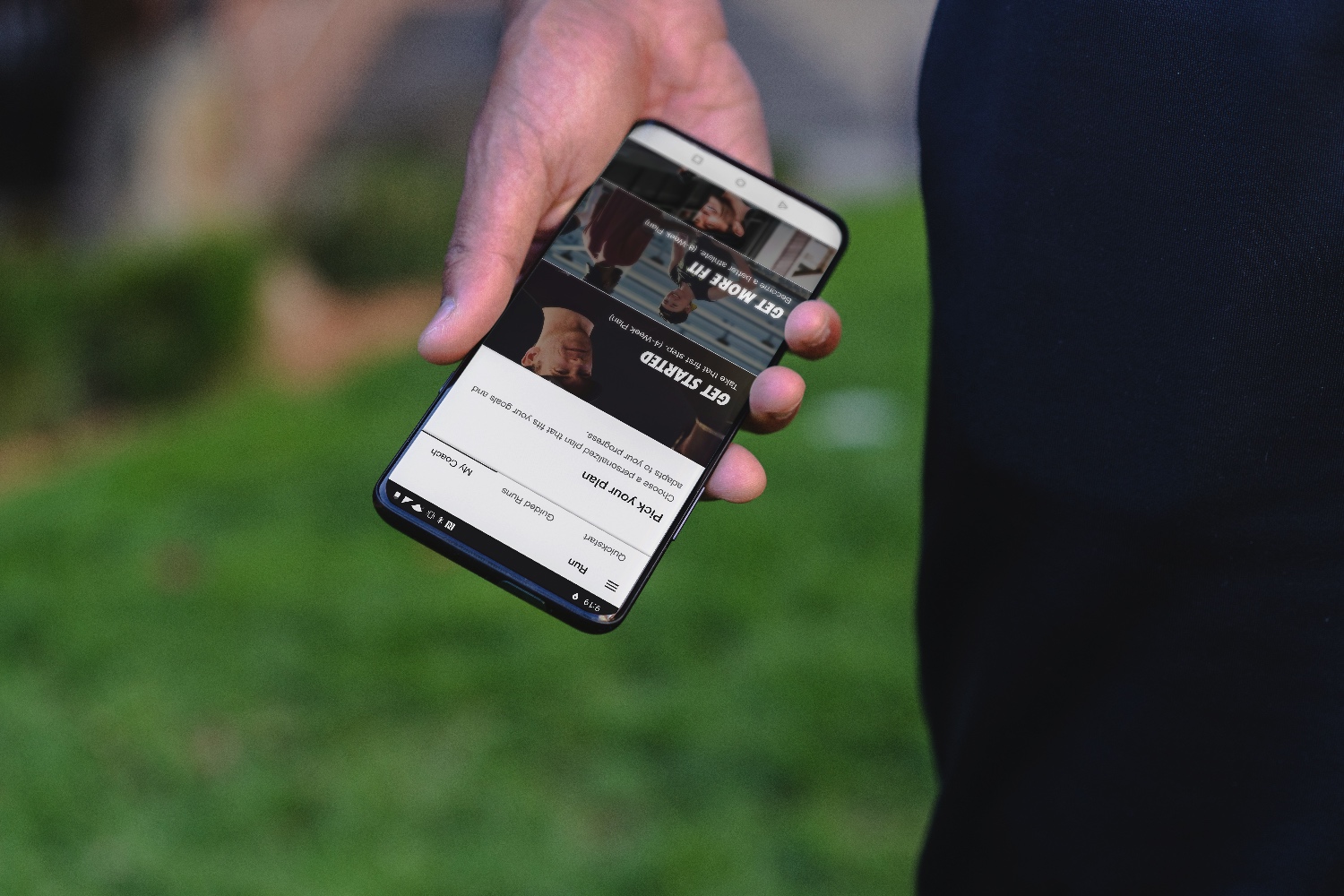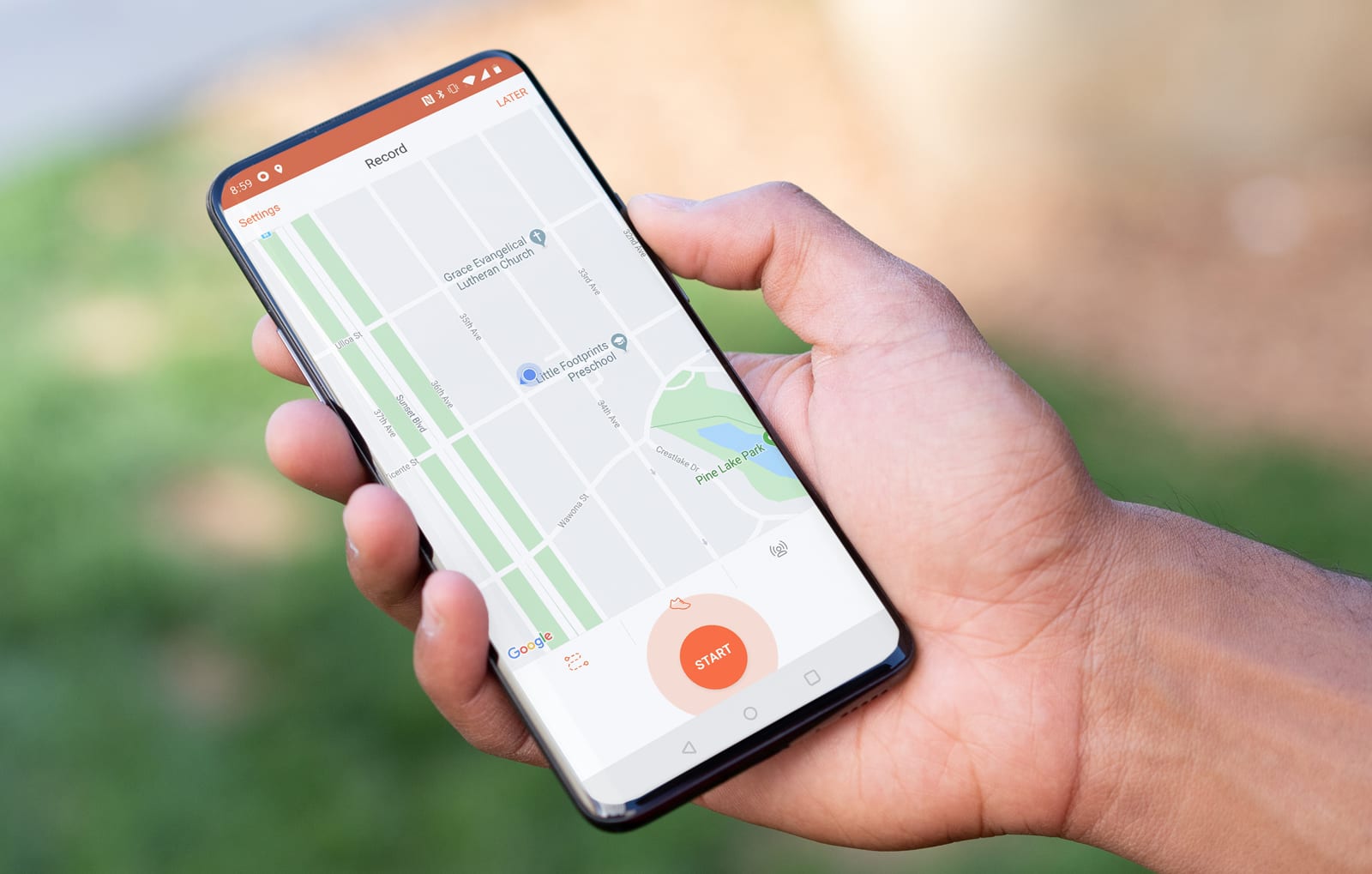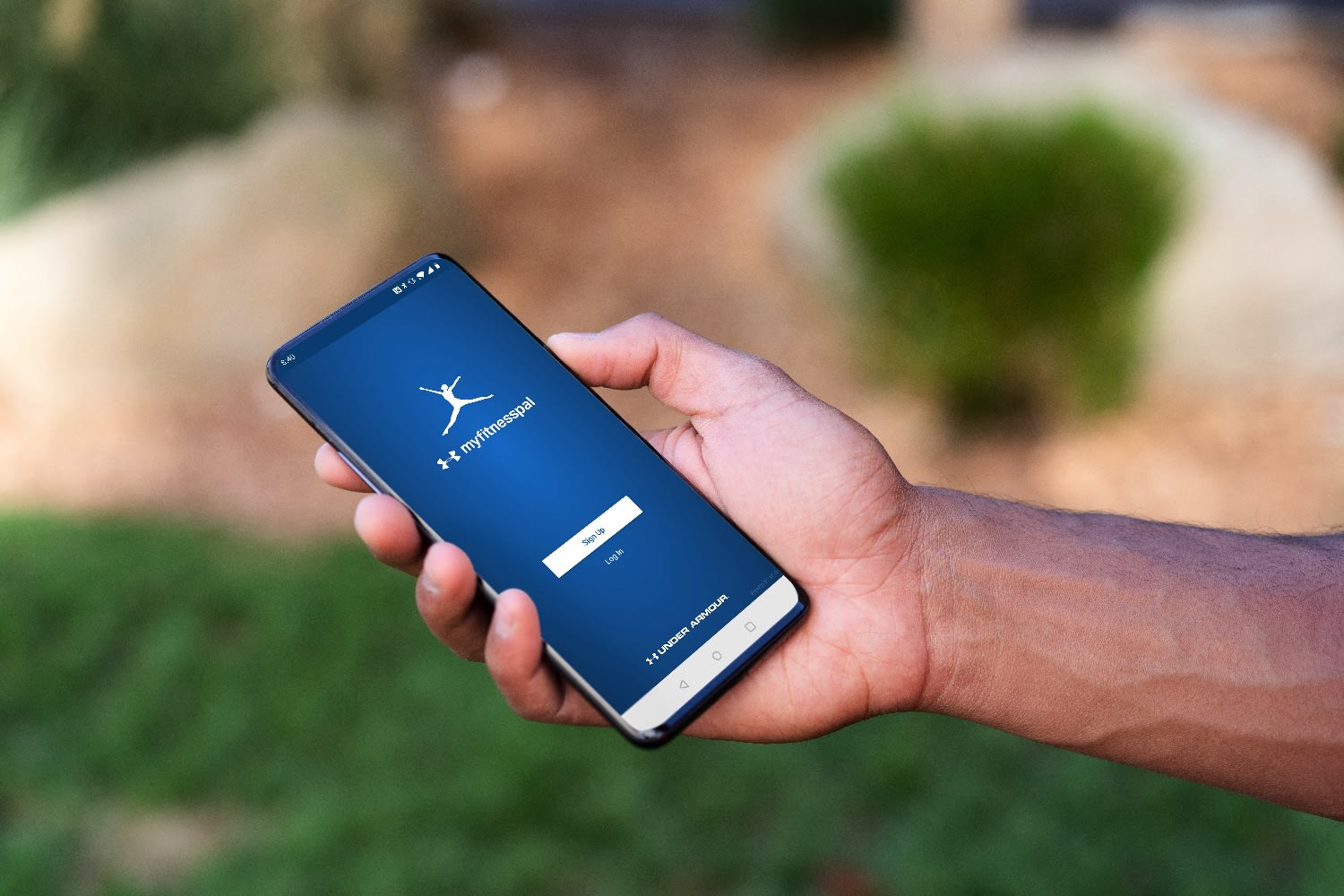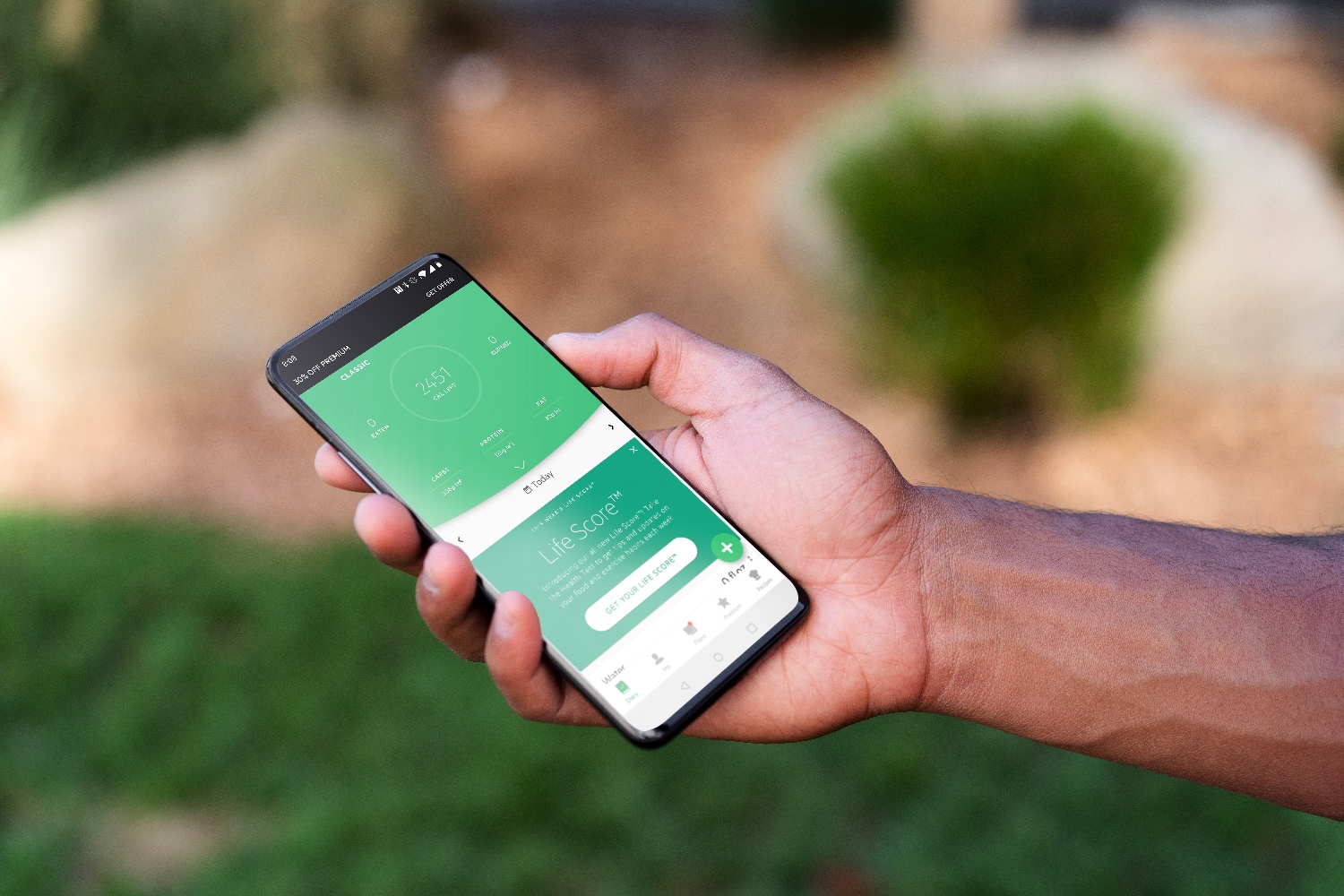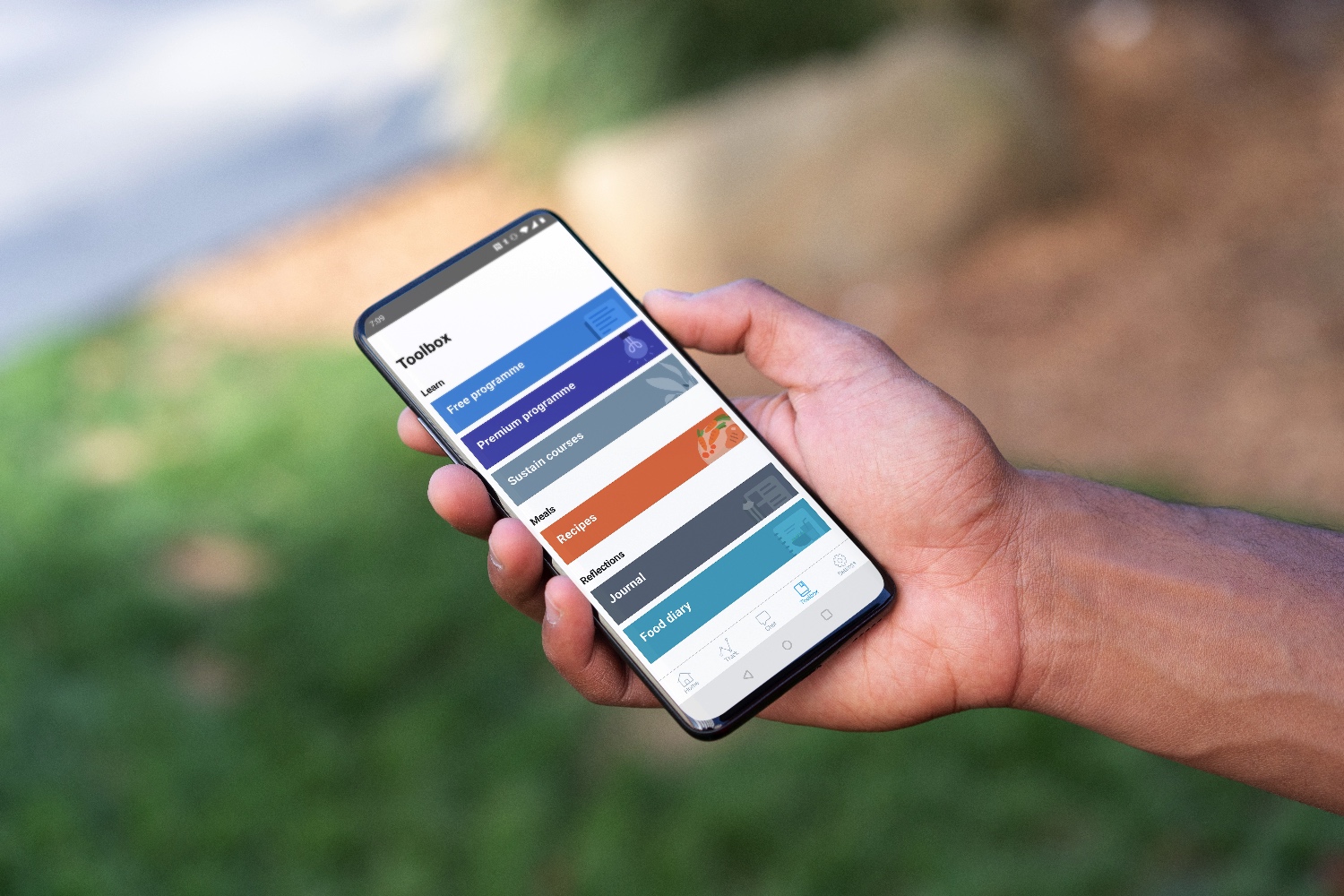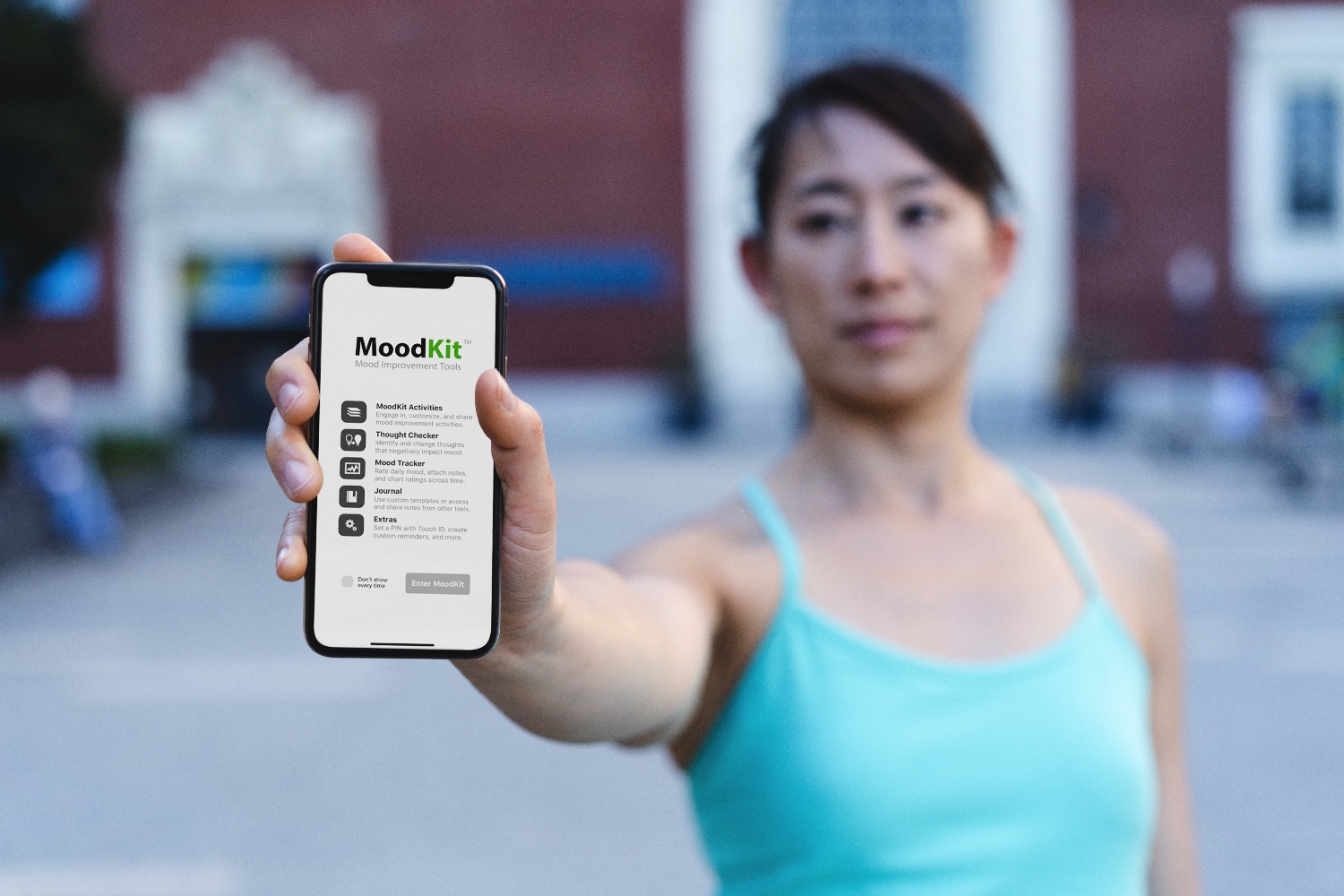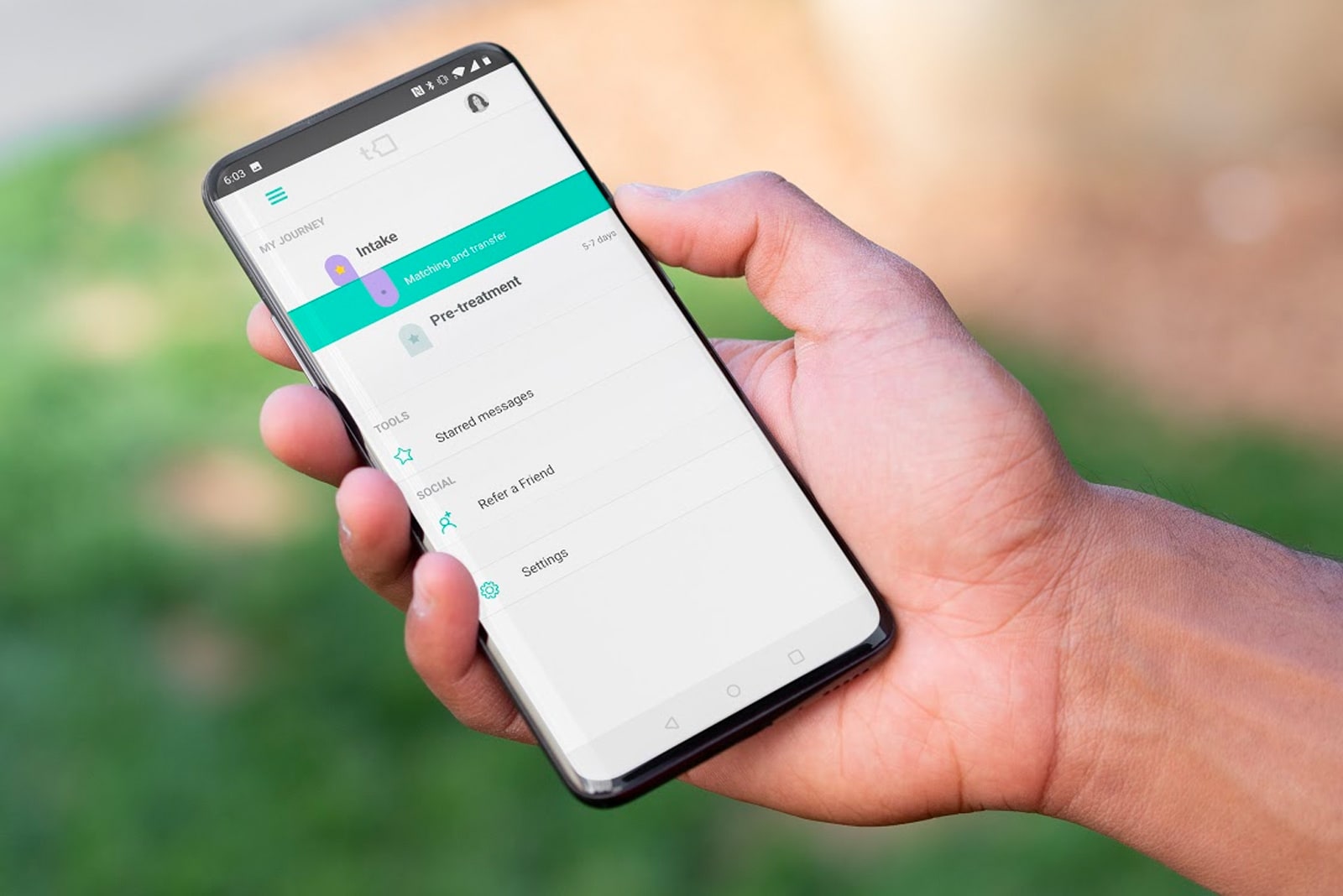MOTIVATING YOURSELF THROUGH COMPETITION
A great way to achieve your goals is through habituation — making something so common that you do it instinctively. It can be hard at first unless you set a schedule and make yourself do a thing until it’s second nature. Or you could make it a competition: Set a goal with a buddy or play up a friendly rivalry and see which of you can run the most in a week or a month.
Nike Run Club
If you want to start running, there are several Couch-to-5K apps and podcasts you can harness. But I’ve always had a soft spot for Nike’s Run Club, which works both as a coach for new runners and as a way of competing with friends. If you’re starting out, you can begin with a series of guided runs, with audio coaching from Nike staffers. Once you’ve gained a little confidence, you can move on to more advanced workouts, like trail and endurance runs.
The app will even set you up with a dedicated coaching program that lets you program the quantity and duration of your running. If you’re supremely unfit, you can begin with 10-minute runs with rest days in between, and then gradually build up to something longer.
Besides creating a schedule, though, you’ll also need something to spur you on when you’re not feeling your best. This is why Nike Run Club has a social component that lets you compete with your friends. You can set challenges and see how well your friends are doing or join one of the brand’s global challenges, like attempting to run 50 kilometers in a month. Best of all, while there are options to buy Nike gear within the app, there’s no obligation to own a pair of Phil Knight’s kicks before you start using it.
Strava
If you want to do more than just run, consider Strava. The social network for athletes has deep integration with a number of fitness devices (Apple Watch, Garmin, Polar, Fitbit) and allows you to log myriad kinds of activities. Runners, cyclists and swimmers, hikers, skaters, snowboarders and even CrossFitters can get in on the action here.
Naturally, in addition to recording your own workouts, you can engage and compete with friends, as well as take part in global challenges. Some of the ones sponsored by apparel companies offer their own incentives: Complete a target and you’ll get a discount off your next order. Maybe what motivates you isn’t trying to beat your friends and enemies; it’s saving money on fashion. If that works for you, no shame in that.
STAYING MINDFUL
MyFitnessPal
UnderArmor’s MyFitnessPal is a food journaling app that keeps a record of what you’re consuming each day. It has a staggeringly large database of food items, saving you the job of manually working out how many calories you’ve consumed. You can scan the barcodes from the food you’re about to eat, making this process even easier to stick with. You can also import recipes from popular sites like The New York Times’ cooking section, MyRecipes, Food & Wine, and others. You can also set a daily calorie budget, which you’ll meet by either by eating well or getting in some exercise, which buys you a little leeway.
Naturally, there’s a community aspect to all of this, with friends cheering you on in your endeavors and forums where you can share your experience with others. You’ll also get comprehensive activity logging and recipe suggestions, as well as tips from the MFP blog. Like Nike Run Club, there’s a store selling branded fitness gear, but no obligation to actually buy.
Lifesum
Lifesum’s food tracking app lets you set a target weight and breaks down, very granularly, what you need to consume to hit that target. For instance, you might be told to eat 244 grams of carbs, 98 grams of protein and 65 grams of fat to help shave off those inches. The free version is relatively light, but if you opt for the premium edition, you get a series of pre-planned meal options that fall within your calorie budget. The USP here is in how many diets Lifesum offers, from a classic diet and 5:2 through to a keto plan and one tailored to your genetic factors if you pay for a DNA test.
HOLDING YOURSELF ACCOUNTABLE
Noom
If your biggest concern is how to change your habits, spending 10 minutes a day with Noom could be worth it. The app isn’t focused on doling out calorie counts or diet options but instead gets you to look at the way your mind works, helping to identify certain triggers that may send you reaching for the cookies.
It does this through a combination of daily lessons, quizzes, a food log, a qualified coach that leads a support group of which you’re a member, as well as a personal coach for one-on-one sessions. The lessons and quizzes guide you through not just the right kinds of foods to eat, but also how to train your brain to eat them. For example, it’ll teach you to be more mindful about when food triggers occur, like stress or social obligations, and suggest ways to get through them, like going for a walk or remembering to eat breakfast so you’re less likely to give into your urges come lunchtime.
The coaches and support groups, on the other hand, are great for sharing your trials and tribulations with people — sort of like a daily therapy session. Plus, this encourages you to check in with a real-life person every day or so to keep yourself accountable. For example, your coach might make suggestions on what your goals should be based on your food log from the week before. It’s like having your own personal nutritionist. It’s not the cheapest app available, though, costing nearly $60 a month, but there are discounts if you commit to multiple months at once. Either way, it’s still cheaper than a personal nutritionist.
OurPath
OurPath, which is available in the UK and Australia and will launch in the US early next year, is an online health coach and support group. Even in its limited debut, it’s seen enough success that it’s been prescribed as a tool to prevent Type-2 diabetes by the UK’s National Health Service.
Users who sign up for the program are placed in a group and begin their weight loss journeys at the same time. Each class has a qualified mentor, and the group is encouraged to spur each other along and share experiences. You’ll start out on a 12-week plan that involves resetting your body and attempting to reduce the risk of metabolic syndrome. That is, broadly speaking, the coterie of conditions, like heart disease and diabetes, that can be caused by excess fat and high cholesterol. You start by building healthy habits, eating new foods and trying to broaden your palate, then working on more specific targets, like improving your gut health. From there, you move on to mindset, forming habits around gratitude and walking for relaxation, among other things.
STAYING STRONG
Naturally, part of any journey into health and fitness is ensuring that you’ve got strong mental resolve. That involves delving deep into what makes you tick and working out what it is you need to change. Sometimes that can be hard, so you may need help to examine what’s going on inside your head.
MoodKit
MoodKit is an app that uses techniques developed for cognitive behavioral therapy (CBT) to help people tackle feeling low. Users turn to the app for advice on how to lift their mood with clinically proven methods of escaping their funk. They can also journal both their experiences and their mood at any given time, tracking their improvement (or lack thereof, but hopefully not).
A key feature here is the ability to compare your own experiences with those that other people have had in the past. When you’re feeling bad, it’s possible to see the world and remember events differently to how they played out. That’s called Distorted Thinking, and by identifying situations where your thinking may have become skewed, you can become mindful of them in the future.
If you normally have a stressful day at work and then run straight for the snacks, this app may help you develop a different strategy. Obviously, it’s not a substitute for in-person therapy, but any support it offers to help you help yourself could be invaluable.
Talkspace
Therapists are expensive, and it can be intimidating to sit in a room with one face to face if you’re new to mental health care. Online, app-based therapy platform Talkspace will, for a monthly subscription, give you daily text, voice or video-based access to a therapist. Unlike regular therapy, Talkspace is akin to just texting a friend that happens to be medically qualified. The messaging is asynchronous, and there’s less pressure than in a traditional setting if you’re feeling anxious. Not to mention, it can be easier to talk at the moment something happening than save it up for a scheduled session.
Headspace: Meditation & Sleep
Even without a therapist, you can still work to improve your own mental health, for instance by learning to meditate. As intimidating as it sounds, meditation is pretty easy to try and has a number of positive side effects with regular use. Headspace is an app that offers guided meditation sessions for a monthly or annual subscription.
A program of Headspace lessons range from short three-minute sessions through to deeper 10-minute programs. These are all designed to help you improve focus, calm down or cope with your anxiety, which could trigger unhealthy behaviors, like overeating. Obviously, any journey toward better physical and mental health begins with a single step, and that’s often the hardest one to take. But hopefully, armed with these tools, you can make the journey an easier one. All of us here at Engadget are cheering you on.
All products recommended by Engadget are selected by our editorial team, independent of our parent company. Some of our stories include affiliate links. If you buy something through one of these links, we may earn an affiliate commission.

Comments

80
Shares

